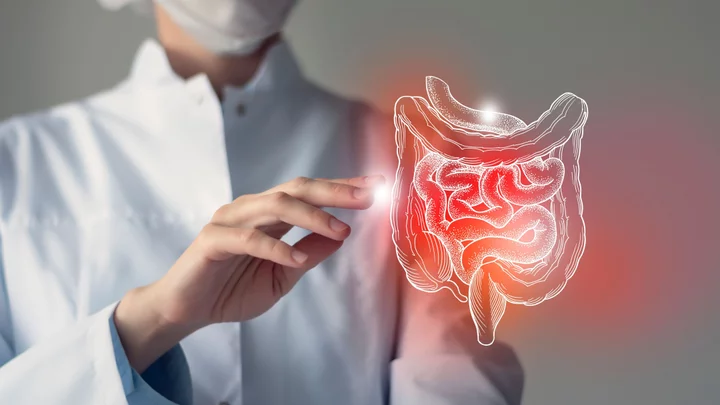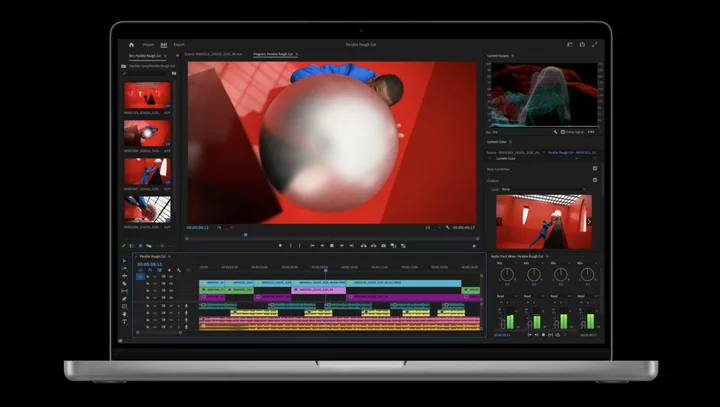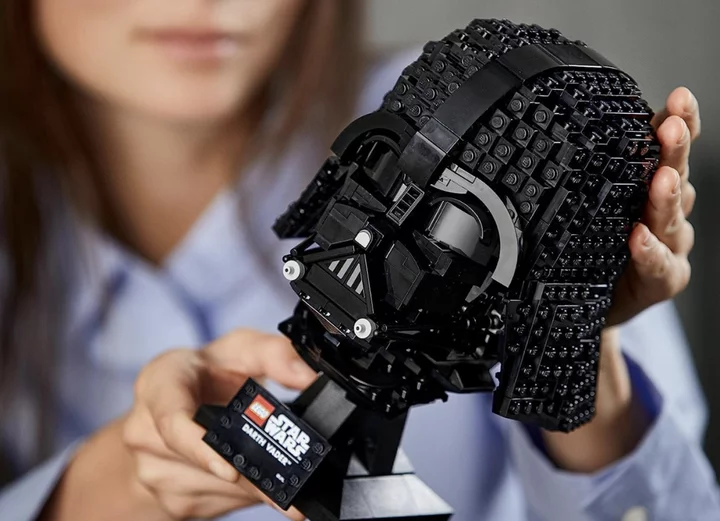Researchers at MIT have created a ingestible capsule that will allow doctors to monitor your vital signs from your GI tract.
The capsule is about the size of a multivitamin, and uses an accelerometer to measure your breathing and heart rate. The plan is to use the device to help diagnose sleep apnea without the need for large sensors and monitors; however, researchers say it could also be used to detect opioid overdoses in high-risk patients as well.
“It’s an exciting intervention to help people be diagnosed and then receive the appropriate treatment if they suffer from obstructive sleep apnea,” says Giovanni Traverso, an associate professor of mechanical engineering at MIT and a gastroenterologist at Brigham and Women’s Hospital. “The device also has the potential for early detection of changes in respiratory status, whether it’s a result of opiates or other conditions that could be monitored, like asthma or chronic obstructive pulmonary disease (COPD).”
The device has undergone a small clinical trial in humans, where no adverse effects were reported. The trial also marked the first time an ingestible sensor was tested in humans, Engadget reports. The trial was also able to detect sleep apnea in one of the participants.
One downside is the length of time the device is able to stay in your system. Given it’s being injected similar to food, it typically leaves your body within a day or two, making it a solution for something like an overnight sleep study but not for longer monitoring.
Researchers are reportedly looking for a way to alter the capsule so it will stick around for about a week. Over time, researchers also see the potential for the device to dispense drugs as needed. For instance administering an overdose reversal drug if it detects a patient with an opioid addiction’s breathing slow or stops.









